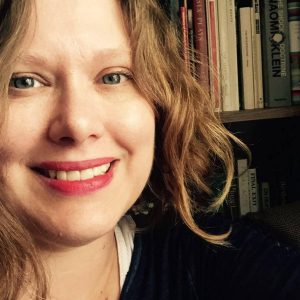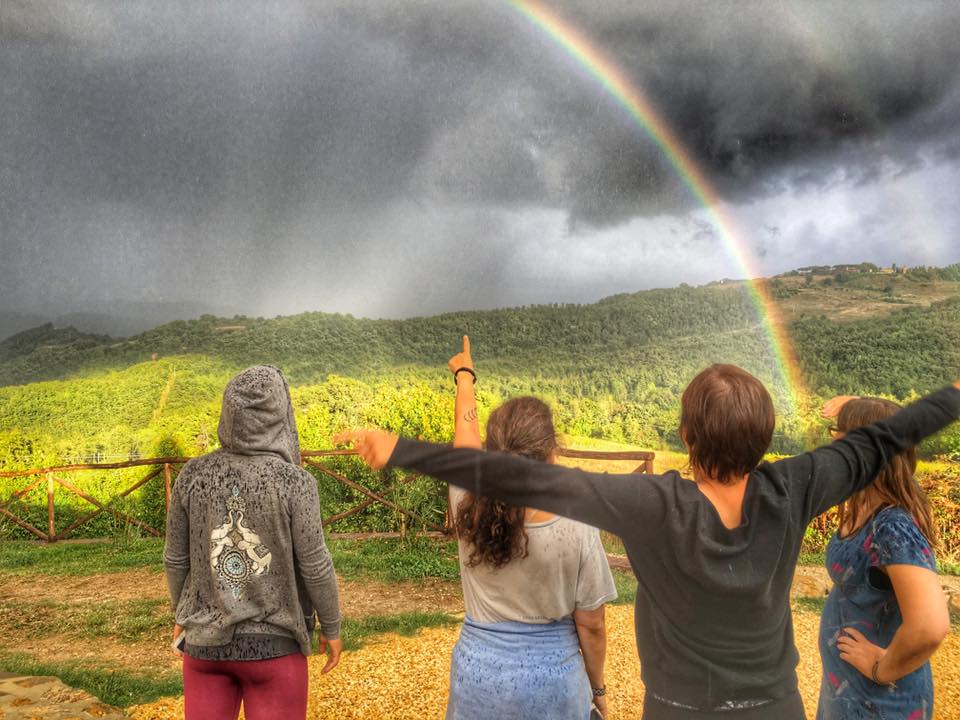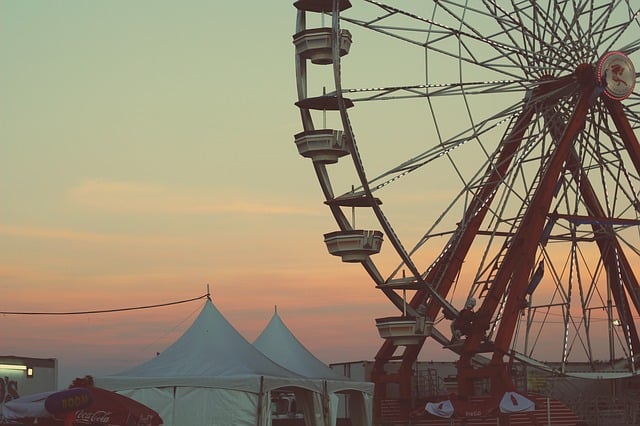By Deonna Kelli Sayed
In 2012, I traveled to a country that had recently split into two. It was the last trip abroad I would take as a married woman, the last time I would spend with Zalmay as my husband.
I didn’t know this yet.
I arrived in Sudan with my eight-year-old son, Ibrahim; a year after South Sudan had become the world’s newest country. Zalmay was the United Nations Resident Representative, an equivalent to an ambassador post. We were to join him in Sudan as soon as the youngest stepson graduated from high school in the spring.
The trip occurred a week after I had received the advance reading copies of my first book, a book about America’s fascination with ghosts. The trip occurred as I was collapsing into pieces, struggling to solve my personal hauntings.
I had recently started to ache; a phantom pain, something between an itch and thick of type of heat. In efforts to ignore it, I organized closets, wrote long and insecure journal entries, and cleaned my 2500 hundred square foot home. No matter what I did, this ache was always present: like a soft spark that ignited when air made contact with my body. The feeling was somewhat ethereal, and yet, it sat in my throat. The ache tasted like the wrong life, like I had somehow swallowed an accidental story.
The plane from Istanbul to Khartoum was filled with Western aid workers traveling to Sudan to assist refugees. Or, to South Sudan as it wobbled its way to nationhood. I had spent the entire marriage, all twelve years of it, around global expats who moved around the world, rootless yet determined to balance the scales of global crises.
Many on this flight were returning from summer holiday. I marveled at how free their bodies seemed. They threw their backpacks into overhead bins as if the weight of the world rested elsewhere, in another bag. They tugged at their jeans like the fabric was a casual second skin. I wanted to inhabit space as unburdened as they seemed to move. I wanted to be like water. I was merely an earth element, Virgo from top to bottom, rooted to solid ground when I preferred the power to erode rock.
The ache tugged on me as I spent a day recovering from jet lag. I felt it as we sat in a coffee shop called Ozonz. It was a place Zalmay said that I could not frequent. In 2008, the American Embassy forbid staff from visiting the pleasant coffee shop, the one in a round-a-bout with tables scattered throughout a fragrant garden. It was deemed a security risk. The phantom pain pulsed as European expats glided around with cappuccinos in their hands. They moved completely unburden by embassy decrees or other expectations. I saw the beautiful slope of Sudanese faces bent over picnic tables, eating bites of continental pastries between wide smiles. Two opposites poles of the world convened here in the Ozonz, a place I was told was too dangerous for me to linger.
Such complicated, hybrid spaces felt like home. Zalmay and I inhabited the murkiness of being somewhere being an expat and someone who belonged. Not quite a local, but within the realm of reference. Definitely not a Westerner, that was for sure.
Zalmay was from Afghanistan. He had a wide beard, long legs, and way of talking that often led to people to defer to him. He spoke several languages. As a teenager, he had endured fighting against the Soviets with the Afghan mujahedeen. The realities of war and postcolonial resistance clung to his movements. People in Sudan, or Yemen, or among the refugees of Nagorno-Karabakh, recognized Zalmay as one of their own.
My origins were harder to decipher underneath the headscarf and the baggy clothes that I wore. We certainly had the markings of people of privilege – and that alone set us apart in many places in the world – but we did not carry ourselves as Westerners. My body contoured to other cartographies. Even if I was not a small woman, I did not command space like some thinner, less covered expat women I came across. I was complicated, and my body knew it.
My body, let me tell you, ached in that precious, perplexing way that women ache when we are about to shed skin. Or drown.
Khartoum is where two rivers meet: the White Nile and the Blue Nile. Late one afternoon, we strolled through Khartoum to a cafe on the riverbank. The Nile of either color was impressively mighty and frightening. I realized that a river with that much history and velocity could swallow me whole. If I fell in, the only way I could survive would be to completely surrender to the current.
We had visited an amusement park the previous evening. While at the tip of the Ferris wheel, I saw a well-lite Khartoum below. Zalmay and Ibrahim sat across from me. The cart swayed in the wind as we stopped at the very top for passengers to load below. I wanted to go out into the night and to see Khartoum for myself. I wanted to feel the evening air on my terms, to sit with Sudanese women in their brightly colored headscarves. But, I couldn’t explore any city the way I wanted to as long as I was living Zalmay’s life. Of course, it was a good life, and one I felt that I could not have created on my own. And yet, it was a thing that didn’t look like me at all.
I wished you could have been there in that swaying seat at the highest point in Khartoum. You might have asked, “Deonna, what does your kind of like look like?” I would have swayed back and forth, my hands clutching the bars of the caged door, and I would have blinked in silence. At that time, I didn’t know to tell stories. I knew how to ache and that my tongue became sticky when I tried to say certain things.
I knew how to sit in fragile Ferris wheel seats and sway in tandem with my fears and with all the things that I hated about myself. Even with the sway, I wanted to believe that I was lucky to get this high over an African city in the first place. Who cared what kind of aftertaste this life left in my mouth. Who cared I was just a ghost in this story.
On that lazy afternoon in Khartoum, I sat by the ancient and magnificent Nile and I looked across at my husband. I sipped the delicate clove flavored coffee. The ache started to throb to the current of the river. The Nile was carrying on as it has for five million years, my own grief inconsequential to a river that had better things to do. I admired her strength, her confidence to crawl north, to be the second longest river in the world without asking anyone’s permission.
I turned my head towards the Nile. She said: Sister, if you come any closer to my banks with that man, you will be stuck in stagnant water forever. I can’t carry you anywhere that you aren’t willing to go.
Zalmay look at Ibrahim who was listening to the river, too,
“Imagine if you fell into the Nile! You’d be in Egypt in two hours,” Zalmay said.
“And there is no way we’d be able to save you,” I joked.
I was envious that I couldn’t fall in and float somewhere else, somewhere new, to place that completely, beautifully belonged to me.
This was September. By November, I would send that email. I would declare my own sovereignty from the marriage. This small act of independence would mean years of poverty, of self-loathing, of learning to spit out the taste of failure before it found a way to my gut. One day, years later, I would look in the mirror and see something beautiful. On that day beside the Nile, I didn’t know any of this yet. All I knew was how to ache, how to swallow the things that I did not want.
How long it takes for some of us. How long it takes.



